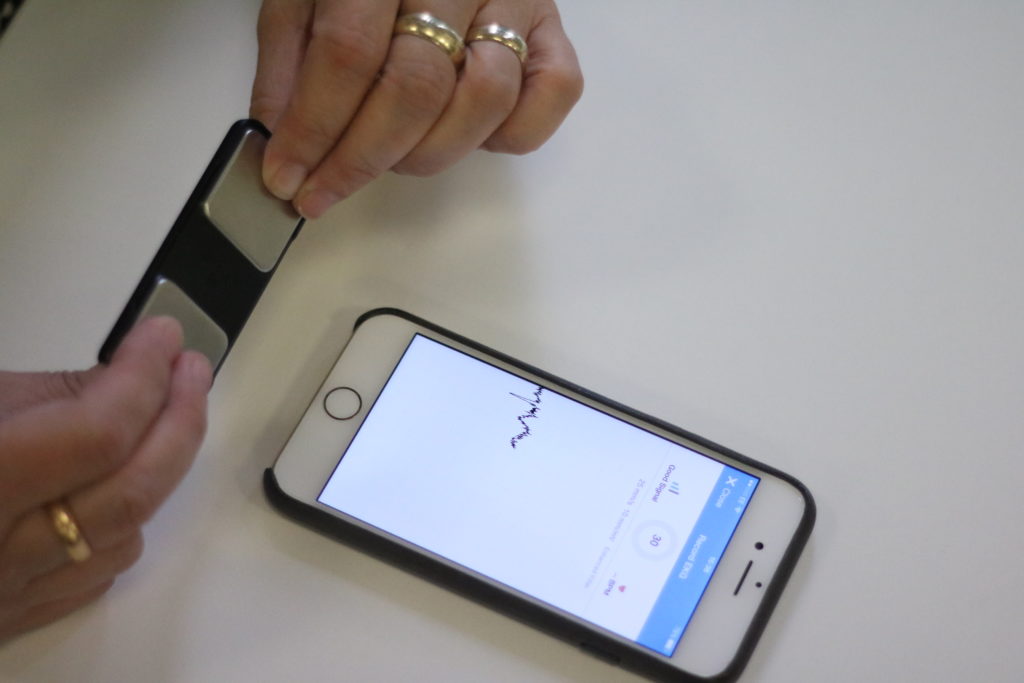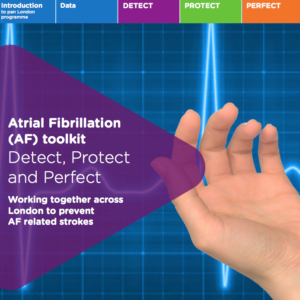Improving the diagnosis and management of AF in older adults with additional needs

Improving the diagnosis and management of AF in older adults with additional needs
(Funded by a BMS-Pfizer Alliance Medical Education Goods and Services (MEGS)
This project will address unmet need in the diagnosis and management of AF for older adults with additional needs, defined as those over the age of 65 years who are housebound, in nursing homes or in residential care or with complex care needs due to other issues, such as dementia or frailty. This patient group frequently receives suboptimal care because of the specific challenges in confirming an AF diagnosis and in delivering optimal treatment.
The project has several components:
Use of innovative longer-term ECG monitoring technologies in patients post stroke or TIA, where paroxysmal AF is the suspected underlying cause and the delivery of traditional methods of longer-term ECG monitoring (such as Holter monitoring) will be challenging.
Review of patients who are housebound or in nursing homes and residential care to maximize detection of AF and initiation of anticoagulation.
Review of housebound or nursing home patients or those in residential care who are already receiving anticoagulation to ensure treatment is appropriate and optimised.
Support older adults with additional needs with adherence to and persistence with anticoagulant therapy through developing tools and services.








